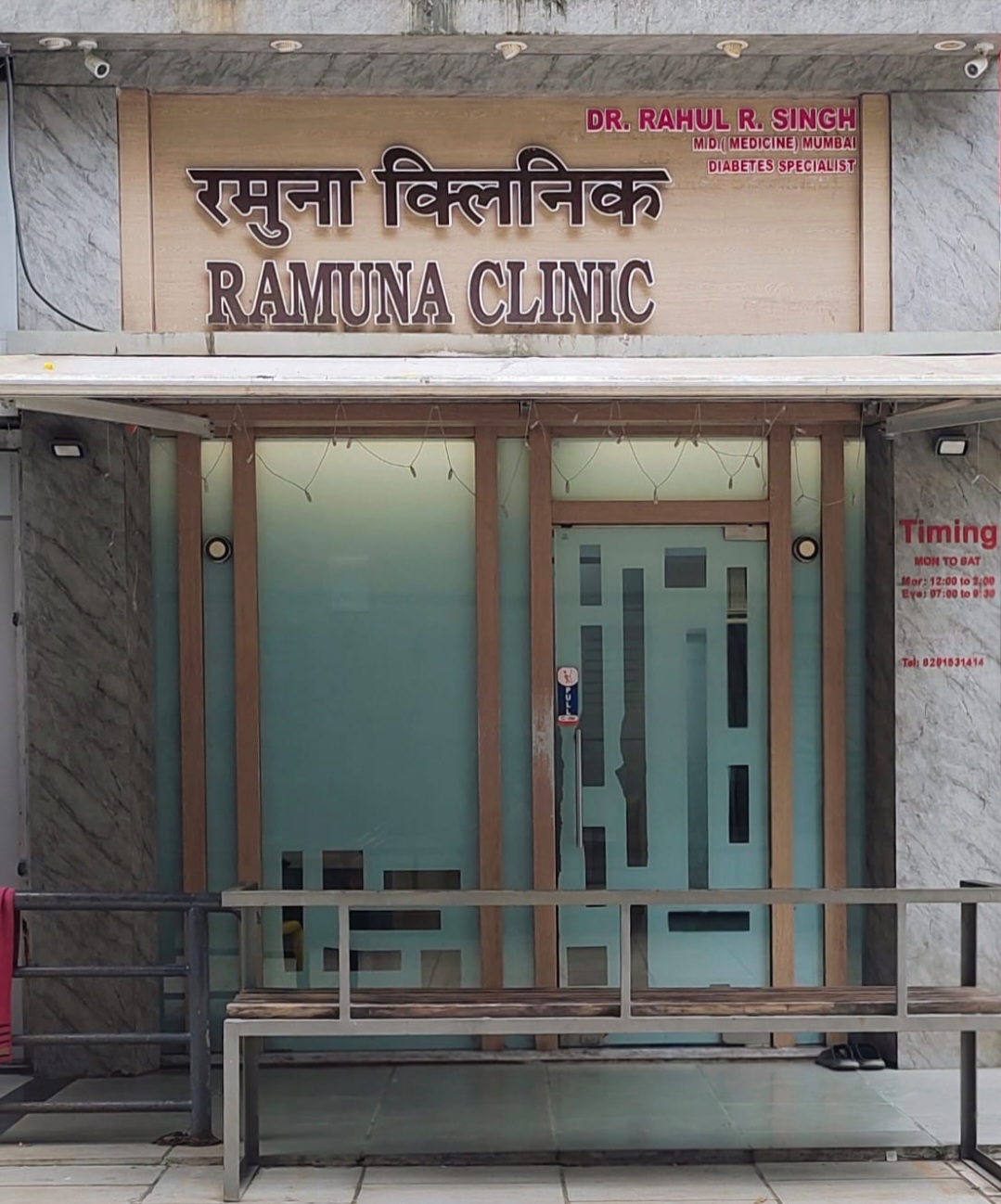The information on this website is intended for general informational purposes only. It is not a replacement for professional medical advice. Please consult your healthcare provider for personalised guidance.
Committed to Your Health, Backed by 21 Years of Expertise.
Dr Rahul Singh
Trusted Diabetologist with 21 years of experience in diagnosing, treating, and managing diabetes and complex metabolic disorders with a patient-first approach.
Appointment Learn more















